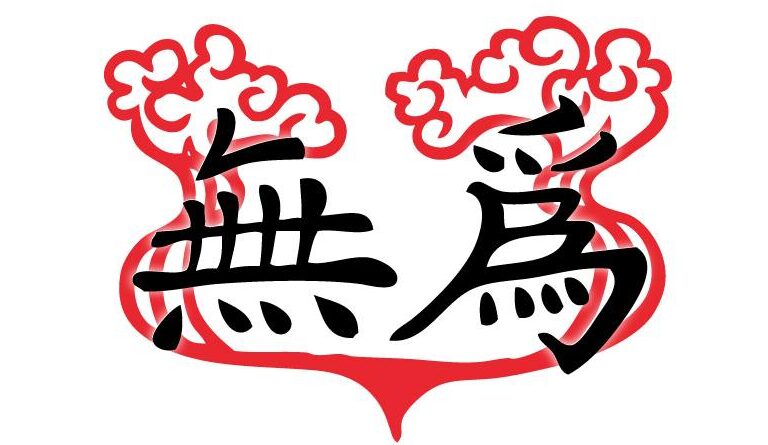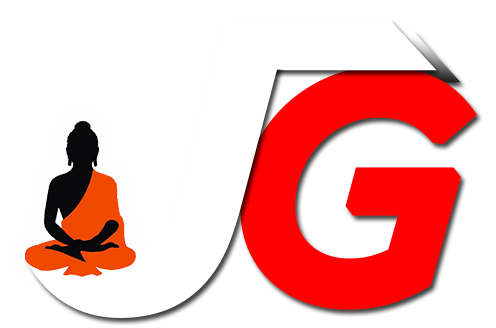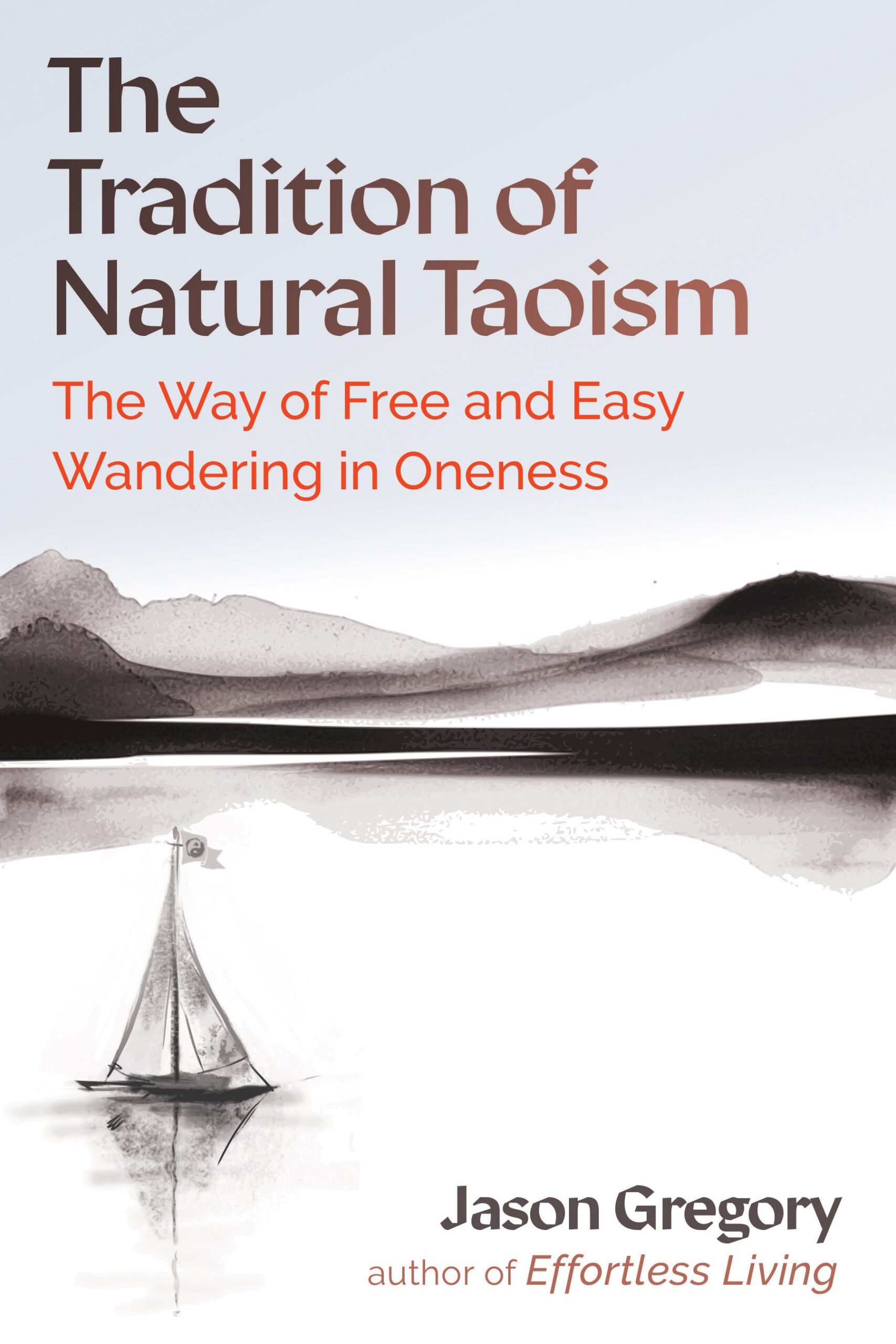Understanding Flow – Part 2 Ancient Philosophy

The embodied model of the self was the primary viewpoint during the Warring States period of China, and also other parts of Asia. But it was in China especially that we discover the embodied mind model. During the Warring States period there were numerous philosophers and sages whose names we still know today. Most notably Lao-tzu, Confucius, Mencius, and Chuang-tzu. Though their philosophies may somewhat differ, their way for understanding the mind and body was the same. Their view of human nature was mind-body holism. Their philosophies, social systems, religions, and ritual practices reflect this holistic view.
From centuries of ancient Chinese people following their philosophies and rigorous training to cultivate harmonious dispositions in the self, there is no doubt according to them that human cognition is embodied. Any other model, such as mind-body dualism, was shown the contempt it deserved.
If in ancient China the embodied model of the self was understood to be how humans are hardwired, then we can see why a healthy skepticism developed towards mind-body dualism and its idea of a rational agent in control of an unruly body. In the East, in general, this skepticism shown towards rationality is culturally held firm. The battle within us, then, is not between a rational agent attempting to lord it over an unruly body. But instead it is a tug of war between an allocation of function between the two systems of hot and cold cognition.
In the West and modern developed world, majority of our energy is allocated towards the function of the cold system trying to control the natural hot system. But in the ancient East it is absurd to try and overemploy the cold system, especially when you consider the main driving force within us and our essential nature is within the hot system. The focus in ancient China, then, was more about ingrained skill and shaping our character because they can both be cultivated in our hot system as natural and spontaneous.
Eastern thought, then, especially the ancient Chinese embodied model of the self, is an essential corrective to the way modern Western philosophy has a tendency to focus on the cold cognitive aspects of conscious thought, rationality, and willpower. As a result, the modern revolution of embodied cognition in cognitive science was inspired partially by Eastern thought, especially ancient Chinese thought.
The main focus of many ancient Chinese sages and philosophers during the Warring States period was the concept wu-wei. Wu-wei literally means non-doing, non-force, and effortless action. The effortlessness of wu-wei is ultimately a state of intelligent spontaneity. And I believe intelligent spontaneity is a more accurate term than flow when we are talking about that effortless state of mind. Keep in mind though that how wu-wei is achieved differed slightly among each philosopher and sage.
Chuang-tzu’s focus was on effortless skill, or in other words effortless action, which actually adapts perfectly to modern cognitive science. We can understand the effortlessness of wu-wei when we think of those times we try too hard to achieve something. When we are trying too hard to achieve an outcome we are not allowing for life to naturally happen.
For example, when we put a key in a lock and try to turn the key too fast we feel resistance. To open the door you need to be loose and relaxed and when you jiggle the key ever so softly the door opens effortlessly. By not forcing you effortlessly move through the task of opening a door. The key and door analogy is not only about how expert skill is effortless, but it is also a metaphor for how we move skillfully through life.
No other sage or philosopher during the Warring States period explores skill more than Chuang-tzu. The Chuang-tzu text is like a manual for cultivating skill and training spontaneity, upon a lot of other wisdom about life. And this is why Chuang-tzu synthesizes well with modern cognitive science.
The skill emphasized by Chuang-tzu in the Chuang-tzu text is not only about expertise, but also life skills which are supposed to contribute to developing harmonious dispositions in the self. Chuang-tzu, on a subtle level, examines the science of skill and how to reach peak performance to the point of explaining what the actual experience is like. Chuang-tzu understood that spontaneous skill comes from the deeper, more evolutionary ancient hot system. Somehow we need to ignite the spontaneity within the hot system naturally without any effort to do so.
The cold system interferes with the spontaneity of life. Even in ancient China people overly identified with the cold system which gives one this sense of being an isolated self. Chuang-tzu explains that our real nature, the authentic self, is beneath the rational cold cognition. He articulates this through skill stories that exhibit this transfer of functional allocation from the cold system back to the hot system. He uses the craftsmen as an example to explain how skill and virtues can become so much a part of us that they are instinctive and spontaneous, they are hot.
One of the most famous stories in the Chuang-tzu text is about a butcher called Cook Ting (or Butcher Ding). The Cook Ting story setting is a traditional religious ceremony where an ox will be sacrificed in public for the ruler Lord Wen-hui and a large crowd of onlookers. Cook Ting is the center of attention for this religious event. This ritual of animal sacrifice demands the difficult skill of using a blade with precise timing and perfect execution. But this is not a difficult task for Cook Ting. He slices and dices the ox up so effortlessly that Lord Wen-hui is astonished.
Lord Wen-hui cannot believe such a mundane skill can reach the heights of beauty similar to an artistic performance. He approaches Cook Ting to ask how he can cut an ox up so effortlessly. Cook Ting explains that after years of cultivating skill he now encounters the ox with his spirit and it spontaneously guides him in the right direction. Cook Ting says:
“What I care about is the Way (the Tao), which goes beyond skill. When I first began cutting up oxen, all I could see was the ox itself. After three years I no longer saw the whole ox. And now – now I go at it by spirit and don’t look with my eyes. Perception and understanding have come to a stop and spirit moves where it wants. I go along with the natural makeup, strike the big hollows, guide the knife through the big openings, and follow things as they are. So I never touch the smallest ligament or tendon, much less a main joint.”1
Cook Ting’s ability to allow spirit to move where it wants from a contemporary perspective is the spontaneity of the hot system naturally functioning without the hindrance of cold cognitive analysis. When Cook Ting says, “Perception and understanding have come to a stop and spirit moves where it wants” what he is really saying from a contemporary perspective is “when I have stopped the cold cognitive thinking apparatus, the spontaneous nature of the hot system takes over and moves effortlessly with the environment.” And yet, this ability of Cook Ting’s expert butchery was something that took three years to master.
From years of repetition and discipline, the skill of butchery was effortless, instinctual, and spontaneous. The need to think about what he is doing evaporated. All that is left is a movement of effortlessness which feels no resistance in mind, body, or environment. Cook Ting and his skill as a butcher are one because the skill is so ingrained in his hot cognition that it is as effortless and spontaneous as walking for him. His embodied mind has reached the height of skill, which is a state of intelligent spontaneity. Intelligent spontaneity is a common experience for the skillful craftsmen.
Notes
1. Chuang-tzu, The Complete Works of Chuang Tzu, (Columbia University Press, 1968), 50, 51.
Recommended Viewing
Enlightenment Today episode Flow and Wu-wei
NOTE: This site directs people to Amazon and is an Amazon Associate member. As an Amazon Associate I earn from qualifying purchases. The pages on this website may contain affiliate links, which means I may receive a commission if you click a link and purchase something that I have recommended.

